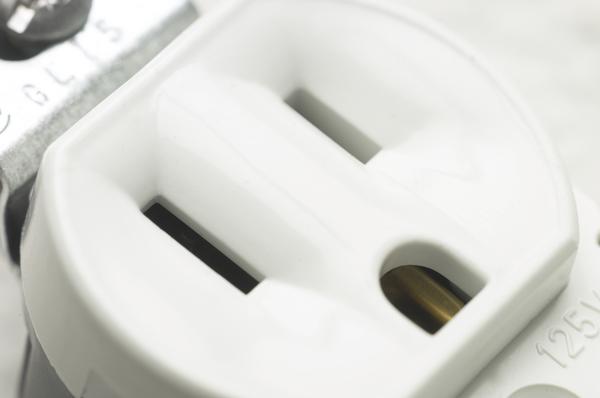|
 |
Grounding of an electrical recepticle prevents painful or even deadly electrical shocks when electricity flows through an improper path. Every home electrical system should have some type of grounding. |
Ungrounded Wiring Facts:
No longer permitted for new installations by most jurisdictions.
Very susceptible to problems if improperly installed.
Aluminum expands and contracts as it heats and cools.
Excessive heat build up can melt the insulation.
Wiring can oxidize and boost resistance causing it to heat up even more.
Some anti-oxidant compounds uses on wiring in the past have been found to be flammable.
May not be properly grounded.
Poses a threat of arcing, causing a potentially high risk of shock.
DO YOU HAVE THIS TYPE OF WIRING IN YOUR HOME?
If you believe that you may have ungrounded wiring installed in your home, please call us immediately. Rewiring is highly recommended. You and your family may be at high risk of shock, fire and/or electrocution.
|
Ungrounded Wiring Hazards
The the ground wire of an electrical recepticle is important so that if any metal part of an appliance, tool, lamp, or the like becomes energized, the circuit breaker will trip and keep you from being electrocuted or shocked should you touch it. Often times, in older homes original wiring does not have ground wire connected to the outlets.
Ungrounded outlets are distinguished by their two slot configuration verses the newer grounded type of outlet that has three slots. A surge protector plugged into an ungrounded outlet will not operate as the manufacturer intended. Here are some other important things that every homeowner should know about the dangers of ungrounded wiring:
|
|

